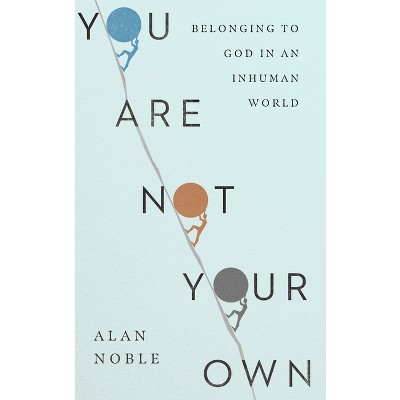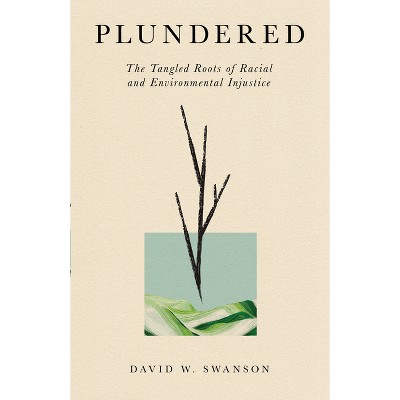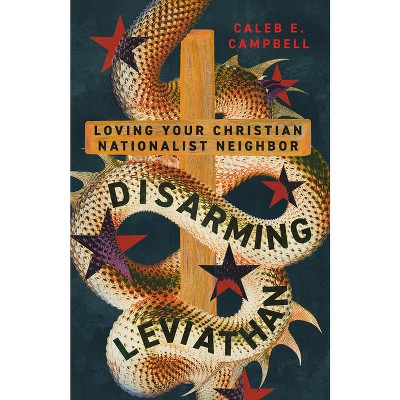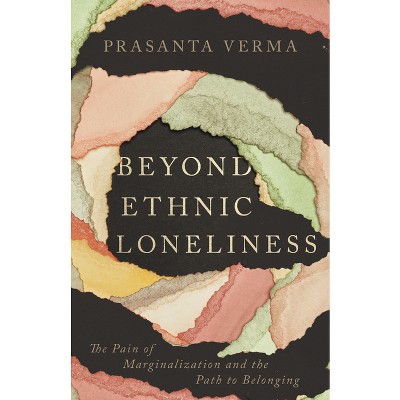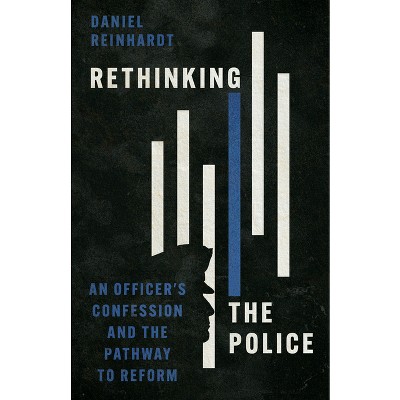Sponsored

Culture Care - by Makoto Fujimura (Paperback)
In Stock
Sponsored
About this item
Highlights
- Outreach Magazine Resource of the YearChristianity Today's Book of the Year Award of Merit"Culture is not a territory to be won or lost but a resource we are called to steward with care.
- About the Author: Mark Labberton is president of Fuller Theological Seminary in Pasadena, California.
- 160 Pages
- Religion + Beliefs, Christian Life
Description
About the Book
We all have a responsibility to care for culture. Artist Makoto Fujimura issues a call to cultural stewardship, in which we feed our culture's soul with beauty, creativity, and generosity. This is a book for artists and all "creative catalysts" who understand how much the culture we all share affects human thriving today and shapes the generations to come.
Book Synopsis
Outreach Magazine Resource of the Year
Christianity Today's Book of the Year Award of Merit
"Culture is not a territory to be won or lost but a resource we are called to steward with care. Culture is a garden to be cultivated."
Many bemoan the decay of culture. But we all have a responsibility to care for culture, to nurture it in ways that help people thrive. In Culture Care artist Makoto Fujimura issues a call to cultural stewardship, in which we become generative and feed our culture's soul with beauty, creativity, and generosity. We serve others as cultural custodians of the future.
This is a book for artists, but artists come in many forms. Anyone with a calling to create--from visual artists, musicians, writers, and actors to entrepreneurs, pastors, and business professionals--will resonate with its message. This book is for anyone with a desire or an artistic gift to reach across boundaries with understanding, reconciliation, and healing. It is a book for anyone with a passion for the arts, for supporters of the arts, and for "creative catalysts" who understand how much the culture we all share affects human thriving today and shapes the generations to come.
Culture Care includes a study guide for individual reflection or group discussion.
Review Quotes
"What kind of culture do we wish to live within, and how do we get there from here? This is the core question addressed in Culture Care, a book suffused with kindness and generosity. It is a book that goes beyond imagination to generation. It suggests and exemplifies ways of being that can help to create well-being. What is the opposite of a vicious cycle--a cycle benevolent, humane, and self-potentiating? We need a term. We need it to name the effect that this wise book can have if we read it, share it, live it."
--Robert Schultz, writer, artist, John P. Fishwick Professor of English, Roanoke College"When I first opened up Culture Care one night in Taipei and began reading, I knew that it was an important and essential work for today's artists. As I read, the book kept opening up like a flower of revelation. It helped define for me what I have been doing for a long time: culture care. I never had a word for it before. It has also helped me see myself differently as an artist. Culture Care gives the artist dignity and purpose, something that the church and society never gave me. The church never acknowledged art as a worthy vocation with a godly purpose, and society never fully recognized me either. So that's where I've always lived and worked--on the outside. But we are not alone and we are right where we belong!"
--James Elaine, artist and curator"Culture Care is a beautiful and powerful work of art, and it is about much more than culture, art, beauty, and aesthetics; it is about nothing less than what it means to be human. We all have a spirit that is thirsty for culture, as do societies at large. This book serves up a powerful warning about what happens when that thirst is not quenched; given the state of the world today, I can only hope that everyone in a leadership position reads, rereads, and ponders what he or she can do to care about culture, and actively so."
--John C. Bravman, president, Bucknell University"In his generous and inspiring work Culture Care, artist Mako Fujimura suggests that our common culture is not a territory to be captured, but a garden to be cultivated, needing the nourishment of creativity, community, connection, and the generation of beauty. It is a grace-filled call to beat swords into plowshares and take up the work of tilling our common garden."
--Cherie Harder, president, The Trinity Forum"The valuable lessons and insights in Culture Care are essential to reformation, renewal, hope, and subsequently the restoration of our culture and communities to wholeness. Mako captures what really matters in life: glorifying God in all aspects of our lives and our communities."
--Mike Brenan, state president, BBT, trustee, The Trinity ForumAbout the Author
Mark Labberton is president of Fuller Theological Seminary in Pasadena, California. He previously served as Lloyd John Ogilvie chair for preaching and director of the Lloyd John Ogilvie Institute for Preaching. Labberton came to Fuller after sixteen years as senior pastor of First Presbyterian Church of Berkeley, California. He has served as chair of John Stott Ministries (now Langham Partnership) and co-chair of the John Stott Ministries Global Initiative Fund. Today he continues to contribute to the mission of the global church as a senior fellow of International Justice Mission. He is the author of The Dangerous Act of Loving Your Neighbor and The Dangerous Act of Worship.
Makoto Fujimura is an internationally recognized contemporary artist whose work appears in major museums and galleries around the world. He is also an award-winning author of five books, including Art Is: A Journey Into the Light and Art+Faith: A Theology of Making. He is the founder of IAMCultureCare and the Fujimura Institute. Fujimura served on the National Council on the Arts as a presidential appointee and he is a celebrated speaker and advocate for the arts.






